“HIStory: Past, Present and Future, Book I,” released on June 20, 1995, stands as one of the most ambitious and personal projects in Michael Jackson’s illustrious career. This double album, serving both as a retrospective and a bold step forward, captures Jackson at a pivotal moment, offering insight into his artistic evolution and his response to intense personal and public scrutiny. The album, Jackson’s ninth studio release, was his first under his own label, MJJ Productions, marking a significant milestone in his quest for creative and business autonomy.
The first disc, “HIStory Begins,” is a compilation of Jackson’s greatest hits, meticulously selected to represent his achievements from his breakout as a solo artist with the album “Off the Wall” to the global phenomenon of “Dangerous.” This collection not only celebrates his past successes but also reminds the listener of Jackson’s enduring impact on the music industry. It encapsulates a range of genres and styles, highlighting his versatility and groundbreaking contributions to music and culture.
The second disc, “HIStory Continues,” comprises entirely new material, reflecting Jackson’s ongoing artistic journey. Here, Jackson delves deeply into his personal trials and tribulations, addressing themes of media intrusion, injustice, and isolation with a candor previously unseen in his work. Songs like “Scream,” a duet with his sister Janet, and “They Don’t Care About Us” express his frustrations and challenges, offering a raw and revealing look at his psyche during a tumultuous period.
“HIStory” debuted at number one on the Billboard 200 chart and achieved global sales success, yet its significance extends beyond commercial metrics. The album is a profound statement from an artist confronting his vulnerabilities and asserting his enduring relevance in the face of adversity. It showcases Jackson’s ability to blend personal storytelling with musical innovation, cementing his legacy as a multifaceted artist capable of transcending the barriers of pop music. This album is not just a reflection of Michael Jackson’s career; it is a powerful testament to his resilience and creativity in the face of life’s complexities.
| Aspect | Details |
|---|---|
| Release Date | June 20, 1995 |
| Album Type | Double album (retrospective and new material) |
| Significance | First album under MJJ Productions, showcasing creative and business autonomy |
| “HIStory Begins” Disc | Compilation of greatest hits from “Off the Wall” to “Dangerous” |
| “HIStory Continues” Disc | New material addressing personal and public challenges |
| Key Songs | “Scream” (duet with Janet Jackson), “They Don’t Care About Us” |
| Themes | Media intrusion, injustice, isolation |
| Commercial Success | Debuted at number one on Billboard 200, achieved global sales success |
| Legacy | Blends personal storytelling with musical innovation, reinforces Jackson’s relevance and resilience |
Contents
Background
Michael Jackson’s journey leading up to the release of “HIStory: Past, Present and Future, Book I” was marked by unprecedented commercial success intertwined with increasing personal turmoil and media scrutiny. After rising to global fame with iconic albums such as “Thriller,” “Bad,” and “Dangerous,” Jackson had cemented his status as the “King of Pop.” These albums not only showcased his exceptional talent and innovation but also broke numerous records, making him a household name worldwide. However, the brighter his star shone, the more intense the public and media scrutiny became.
Jackson’s relationship with the media began to sour dramatically in the late 1980s and early 1990s. Initially celebrated as a musical prodigy and later as a global pop icon, Jackson soon found himself the subject of intense and often invasive media coverage. Tabloids were particularly harsh, frequently sensationalizing aspects of his personal life, including his changing appearance and eccentric lifestyle choices. This period saw the emergence of various derogatory nicknames and unfounded stories that sought to paint Jackson in a bizarre light.
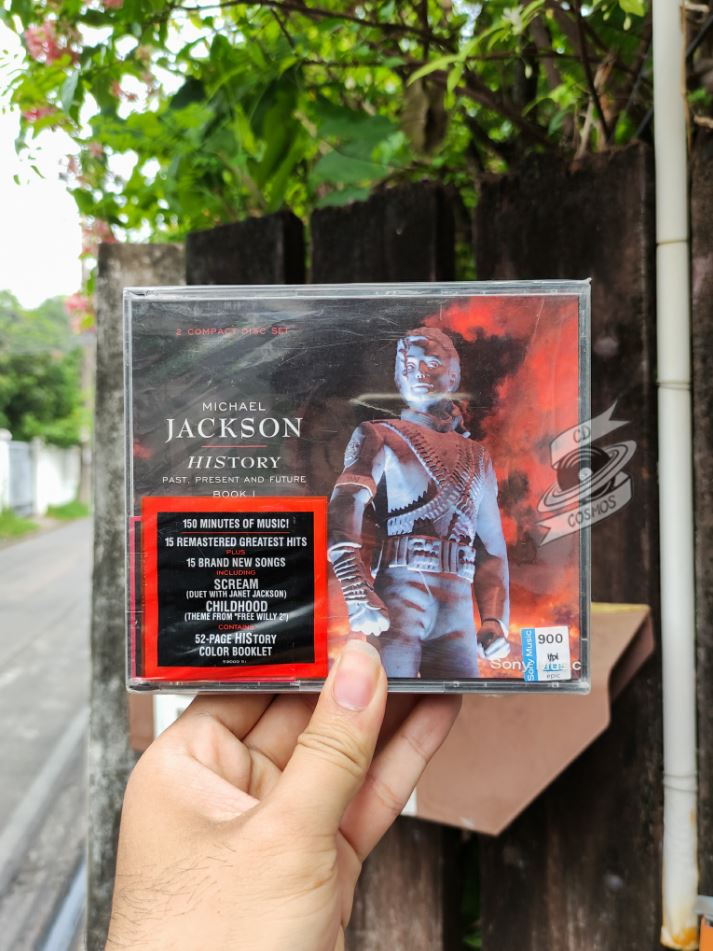
The situation reached a critical point in 1993 when Jackson was accused. Although he vehemently denied the allegations and was never charged with a crime, the scandal fueled a media frenzy that would impact his public image and personal life deeply. The intense scrutiny and invasion of privacy led Jackson to become increasingly reclusive. The stress and anxiety from these accusations and media vilification contributed to his deteriorating health and reliance on prescription medications.
| Aspect | Details |
|---|---|
| Early Success | Global fame with albums like “Thriller,” “Bad,” and “Dangerous” |
| Status | Cemented as the “King of Pop” |
| Media Relationship | Initially positive, turned negative in the late 1980s and early 1990s |
| Media Coverage | Intense, invasive, often focusing on personal life and eccentricities |
| 1993 Scandal | Never charged but heavily impacted his image and personal life |
| Effects of Scrutiny | Increased reclusiveness, deteriorating health, reliance on prescription medications |
Album Overview
Amid this tumultuous backdrop, Jackson channeled his experiences and emotions into his music, resulting in the creation of “HIStory: Past, Present and Future, Book I.” This double album was unique in its structure and purpose. The first disc, “HIStory Begins,” is a compilation of 15 of his greatest hits, spanning from his early days at Motown to his peak with Epic Records. This disc includes timeless tracks like “Billie Jean,” “Thriller,” and “Black or White,” serving not only as a reminder of his musical genius but also as a rebuttal to those who might have doubted his lasting influence in the wake of recent controversies.
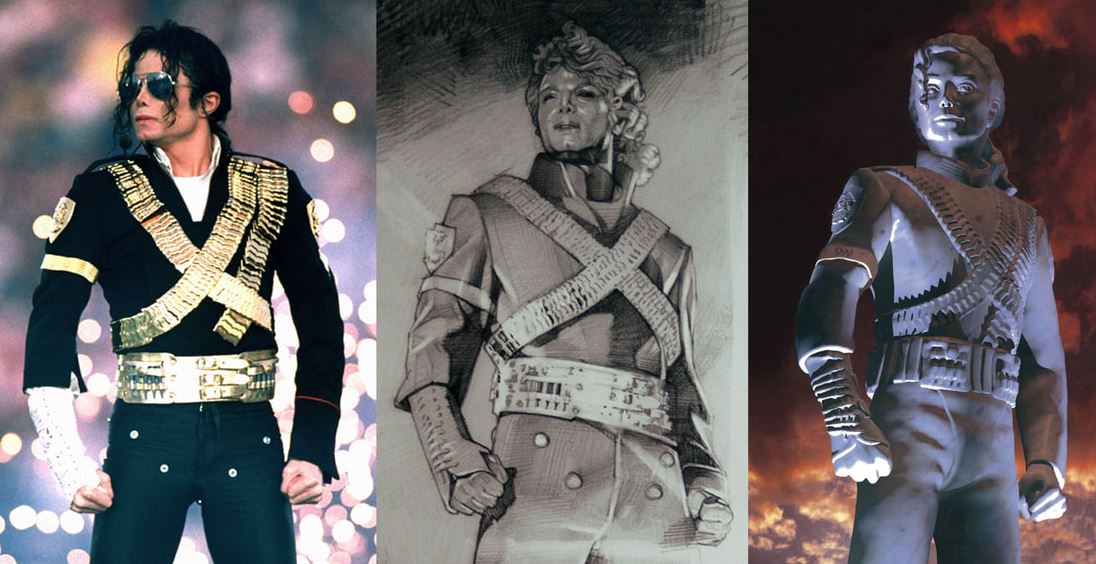
The second disc, “HIStory Continues,” features 15 new tracks and represents Jackson’s most introspective and defiant work. This disc allowed Jackson to voice his frustrations and respond to his critics through his art. The songs deal with themes of injustice, alienation, and betrayal, with notable tracks including “Scream,” “They Don’t Care About Us,” and “Tabloid Junkie.” Each song in “HIStory Continues” was a direct reflection of Jackson’s state of mind and his perspective on the events unfolding around him.
Key collaborators on this album included a range of influential artists and producers. Janet Jackson featured prominently on the hit song “Scream,” which is noted for its aggressive tone and dynamic video. Other notable contributions came from Boyz II Men, Slash, and even the legendary rapper The Notorious B.I.G. Moreover, the album’s production involved various industry stalwarts like Jimmy Jam, Terry Lewis, and R. Kelly, who helped shape its sound. The collaborative nature of “HIStory” not only enriched its musical diversity but also underscored Jackson’s ability to blend different genres and influences, from pop and rock to new jack swing and industrial.
“HIStory” was more than just an album; it was a public statement and a deeply personal narrative, allowing Michael Jackson to confront his adversaries and reaffirm his position in the music world. Through this ambitious project, Jackson not only revisited his past achievements but also paved the way for his future, marking a pivotal moment in his career.
| Aspect | Details |
|---|---|
| Album Structure | Double album: “HIStory Begins” (15 greatest hits), “HIStory Continues” (15 new tracks) |
| “HIStory Begins” Highlights | Tracks like “Billie Jean,” “Thriller,” and “Black or White” |
| “HIStory Continues” Themes | Introspective and defiant; addresses injustice, alienation, betrayal |
| Notable Tracks | “Scream,” “They Don’t Care About Us,” “Tabloid Junkie” |
| Key Collaborators | Janet Jackson, Boyz II Men, Slash, The Notorious B.I.G., Jimmy Jam, Terry Lewis, R. Kelly |
| Purpose and Impact | Serves as a public statement and personal narrative; confronts adversaries, reaffirms musical status |
Themes and Style
“HIStory: Past, Present and Future, Book I” by Michael Jackson is an album steeped in rich thematic content and diverse musical styles. Jackson uses the platform to delve into pressing global issues as well as his personal struggles, crafting an album that is both introspective and outward-looking. The dominant themes include environmental awareness, social injustices, personal adversities, and relentless media scrutiny. Musically, the album spans a range of genres, integrating elements of pop, rock, R&B, and hip-hop, which not only showcases Jackson’s versatility but also serves to emphasize the universal relevance of the messages he conveys.
The environmental theme is most poignantly captured in “Earth Song,” a powerful ballad that questions humanity’s impact on the planet. Here, Jackson blends pop with elements of gospel to convey a profound sense of urgency and sorrow. The orchestral arrangement complements his passionate vocals, amplifying the song’s emotional intensity.
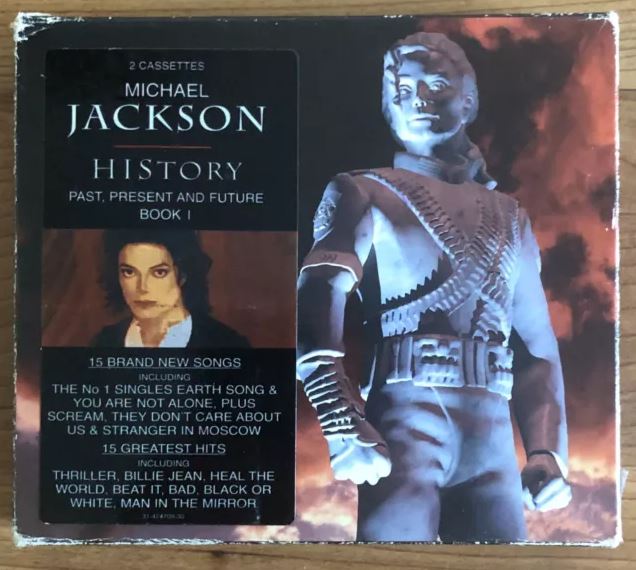
The theme of injustice permeates tracks like “They Don’t Care About Us,” where Jackson addresses issues of racism and police brutality. The song’s driving rhythm and aggressive percussion mirror the anger and frustration conveyed in the lyrics. This track, perhaps more than any other on the album, speaks to systemic problems that continue to resonate in society.
Personal struggles and media conflicts are also central themes, particularly explored in songs like “Scream” and “Tabloid Junkie.” These tracks highlight Jackson’s tumultuous relationship with the press and his battle against false accusations and privacy invasions.
| Theme | Description | Key Tracks |
|---|---|---|
| Environmental Awareness | “Earth Song” uses pop and gospel elements to address humanity’s impact on the planet, complemented by an orchestral arrangement. | “Earth Song” |
| Social Injustices | “They Don’t Care About Us” tackles racism and police brutality with aggressive percussion and a driving rhythm. | “They Don’t Care About Us” |
| Personal Adversities | Songs reflect Jackson’s personal challenges, including his relationship with the media and legal troubles. | “Scream,” “Tabloid Junkie” |
| Media Scrutiny | Tracks like “Scream” and “Tabloid Junkie” explore his tumultuous relationship with the press and issues of privacy invasion. | “Scream,” “Tabloid Junkie” |
| Musical Diversity | The album features a mix of pop, rock, R&B, and hip-hop, showcasing Jackson’s versatility and the universal appeal of his messages. | Various across the album |
Key Tracks and Analysis
“Scream”
A duet with his sister Janet Jackson, “Scream” is an aggressive and direct response to the personal and public challenges Jackson faced. Musically, it features a blend of pop and industrial sounds, creating a high-energy track underscored by an edgy, futuristic production. The song’s lyrics express a shared frustration with the media’s treatment, encapsulating feelings of being overwhelmed and unfairly targeted. The accompanying music video, which remains one of the most expensive ever made, visually complements the song’s themes with its stark, monochrome imagery and scenes of the siblings in a spaceship, symbolizing their desire to escape media persecution.
“They Don’t Care About Us”
This track is one of Jackson’s most straightforward protest songs. With its compelling blend of pop and hip-hop, driven by a strong percussive beat, it confronts racism and injustice head-on. The song’s lyrics are direct and confrontational, calling out the systemic discrimination and abuse of power prevalent in society. The music video enhances these themes by featuring scenes from prisons and impoverished neighborhoods, making a powerful statement about societal neglect and prejudice.
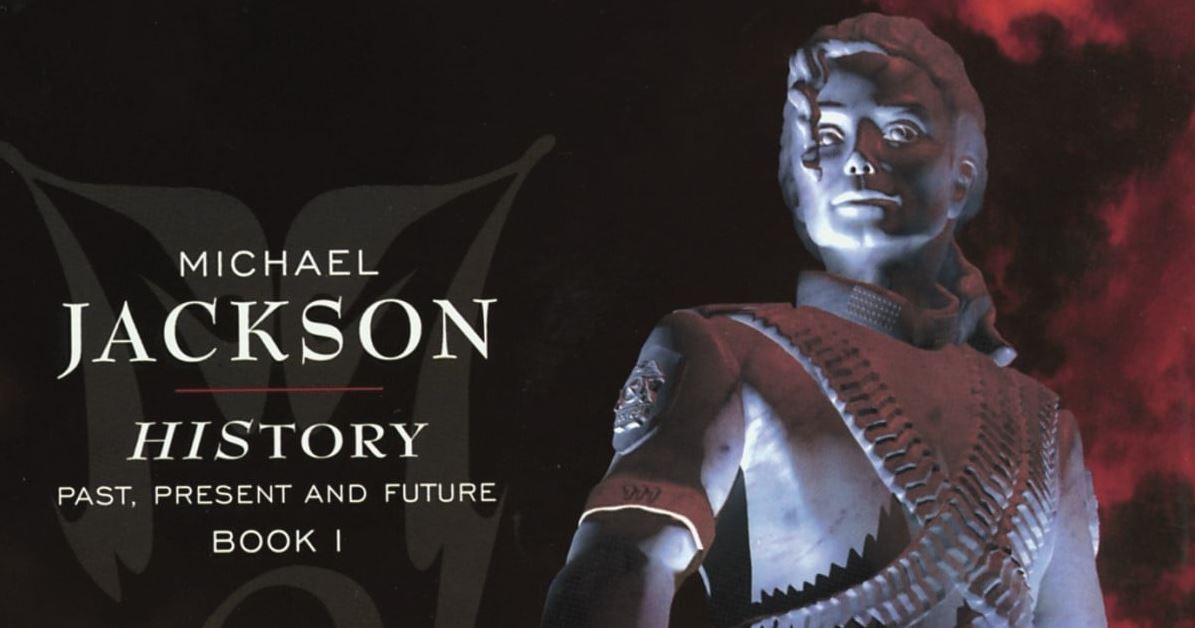
“Earth Song”
“Earth Song,” which stands out for its dramatic sound and heartfelt lyrics, is a somber reflection on environmental degradation and the human actions that contribute to it. The track effectively uses elements of blues and opera, creating a unique musical experience that intensifies the emotional appeal. Jackson’s vocal performance is particularly compelling, conveying deep pain and pleading for change, making it one of his most impactful works on global issues.
“You Are Not Alone”
Written by R. Kelly and produced by Kelly and Jackson, “You Are Not Alone” delves into themes of isolation and support. It is a soothing ballad that contrasts with the more aggressive tracks on the album. Musically, it combines elements of R&B with pop, featuring lush orchestral arrangements that underscore the song’s and comforting lyrics. The song made history by debuting at number one on the Billboard Hot 100, a testament to its broad appeal and the resonance of its message of companionship and reassurance in times of loneliness.
Through “HIStory,” Michael Jackson not only explores a wide range of pressing themes but also pushes the boundaries of musical expression. Each track serves as a piece of a larger narrative, reflecting his personal experiences and his reflections on broader societal issues, making the album a significant cultural and artistic statement in his storied career.
| Track | Theme | Musical Elements | Description |
|---|---|---|---|
| “Scream” | Media Persecution | Pop and industrial sounds | An aggressive response to media scrutiny, featuring high-energy and futuristic production. Accompanied by a visually striking music video set in a spaceship. |
| “They Don’t Care About Us” | Racism and Injustice | Pop and hip-hop with strong percussive beats | Confronts systemic discrimination and abuse of power, enhanced by powerful visuals set in prisons and impoverished neighborhoods. |
| “Earth Song” | Environmental Issues | Blues and opera elements | Addresses environmental degradation with a dramatic sound and emotional vocals, emphasizing a plea for change. |
| “You Are Not Alone” | Isolation and Support | R&B and pop with orchestral arrangements | A soothing ballad about companionship and reassurance, notable for its historical debut at number one on the Billboard Hot 100. |
Reception and Impact
“HIStory: Past, Present and Future, Book I” by Michael Jackson achieved significant commercial success upon its release. It debuted at number one on the Billboard 200 chart in the United States and reached the top of the charts in several other countries, underscoring Jackson’s continued global appeal despite the controversies surrounding his personal life. The album’s sales were bolstered by Jackson’s reputation and the anticipation of his response to recent adversities, leading to multi-platinum certifications across the world, including a notable 8× Platinum status in the United States by August 2018.
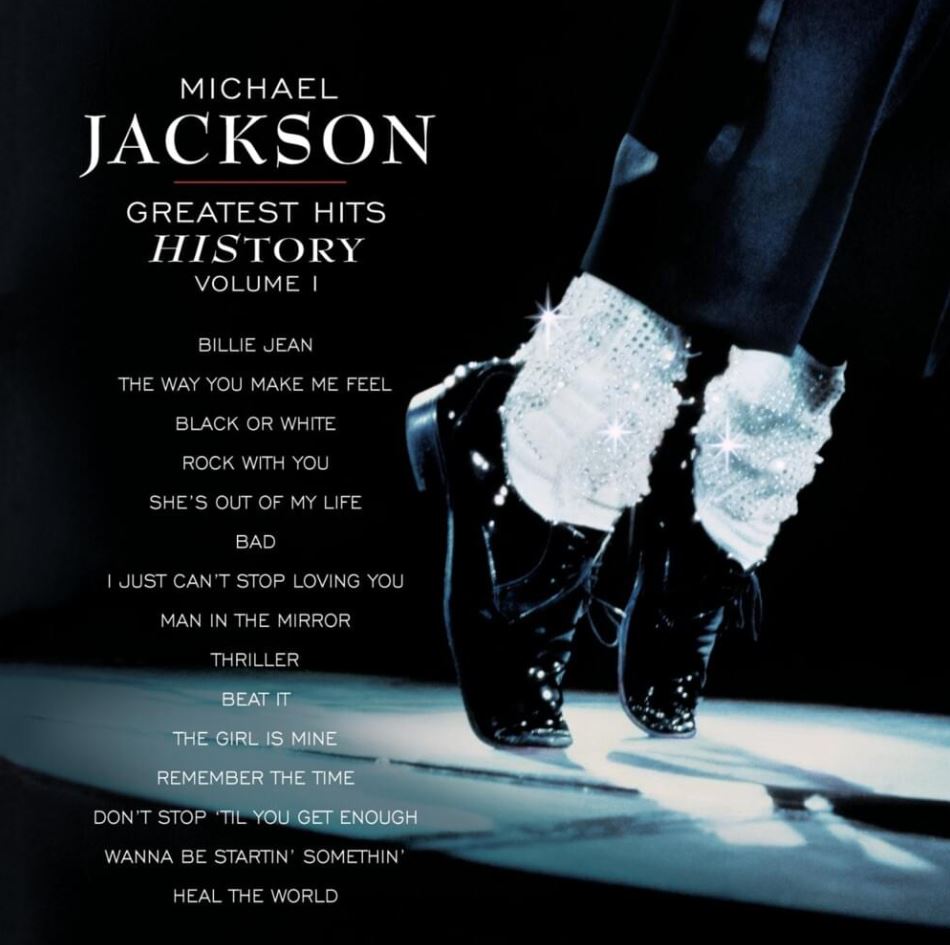
Critically, “HIStory” received a mixed to positive reception. Many reviewers praised Jackson’s ability to blend his musical genius with deeply personal and socially relevant themes. The album was seen as a bold statement from Jackson, showcasing his anger and vulnerability through his music. Songs like “Scream” and “They Don’t Care About Us” were highlighted for their intense, emotive delivery and poignant messages. However, some critics found parts of the album overproduced and felt that some tracks were less effective in delivering their intended emotional impact. Despite these criticisms, “HIStory” was nominated for several Grammy Awards, winning Best Music Video – Short Form for “Scream.”
The album did not escape controversy, particularly surrounding the lyrics of “They Don’t Care About Us,” which included phrases that some listeners interpreted as anti-Semitic. Jackson responded to the backlash by stating that the song was meant to draw attention to social injustice and that the controversial lyrics were misinterpreted. He later altered the lyrics for future pressings of the album to address these concerns, demonstrating the impact public and media scrutiny had on the album’s reception.
| Aspect | Details |
|---|---|
| Commercial Success | Debuted at number one on the Billboard 200 and reached top charts globally. Achieved 8× Platinum status in the US by August 2018. |
| Critical Reception | Mixed to positive. Praised for blending personal and social themes. Notable tracks include “Scream” and “They Don’t Care About Us.” Nominated for several Grammy Awards, winning Best Music Video – Short Form for “Scream.” |
| Controversies | Lyrics in “They Don’t Care About Us” led to allegations of anti-Semitism. Jackson altered the lyrics in future pressings to address the backlash and clarify his intentions. |
Music Videos
The music videos from “HIStory” are among the most notable and impactful aspects of the album’s legacy, blending advanced production techniques with powerful storytelling.
The music video for “Scream,” a duet with Janet Jackson, is famously the most expensive music video ever made. Directed by Mark Romanek, it features futuristic settings and state-of-the-art visual effects that visually represent the thematic escape from media persecution. The video’s black-and-white aesthetics and dynamic choreography perfectly complement the song’s themes of frustration and isolation, making it a landmark in music video production.
Two versions of the “They Don’t Care About Us” video were produced, both directed by Spike Lee. The first was shot in Brazil among the residents of a poor neighborhood, featuring powerful images of the community and police. The second version, known as the “Prison Version,” includes footage of inmates and harsh imagery reflecting the song’s message about injustice and oppression. Both versions were effective in highlighting the song’s protest themes and in sparking discussions about racial and social issues.
The video for “Earth Song,” directed by Nick Brandt, features Jackson in various natural and devastated environments, visually depicting the song’s themes of environmental destruction and renewal. Its dramatic imagery, combined with Jackson’s passionate performance, made it one of his most powerful videos, emphasizing his concerns about environmental issues and human responsibility.
The music videos significantly influenced public and media perceptions of Jackson at the time. They reinforced his reputation as a pioneering artist not just in music but in visual storytelling. The videos helped to humanize Jackson, showcasing his deep concerns about global and personal issues, thus resonating with a wide audience and fostering a better understanding of the complexities surrounding his public persona and artistic intentions.
In conclusion, “HIStory” and its accompanying music videos played crucial roles in shaping Michael Jackson’s late-career narrative. They allowed him to express his personal struggles and social concerns artistically, contributing to his legacy as a multifaceted artist committed to addressing both personal and global issues.
| Music Video | Director | Setting and Themes | Impact |
|---|---|---|---|
| “Scream” | Mark Romanek | Futuristic, black-and-white aesthetics; themes of frustration and isolation. | Most expensive music video ever made; landmark in video production, complementing the song’s themes. |
| “They Don’t Care About Us” (Brazil Version) | Spike Lee | Shot in Brazil, featuring community and police interactions. | Highlighted racial and social issues; sparked discussions about injustice and oppression. |
| “They Don’t Care About Us” (Prison Version) | Spike Lee | Features inmates and harsh imagery; reflects themes of injustice and oppression. | Reinforced the protest themes of the song, enhancing discussions on societal issues. |
| “Earth Song” | Nick Brandt | Various natural and devastated environments; themes of environmental destruction and renewal. | Emphasized environmental concerns, showcasing Jackson’s passionate performance and human responsibility. |
Tour and Promotions
HIStory World Tour
The HIStory World Tour was Michael Jackson’s third and final solo concert tour, promoting his “HIStory: Past, Present and Future, Book I” album. Commencing on September 7, 1996, in Prague, Czech Republic, the tour covered 58 cities across 35 countries, illustrating Jackson’s global appeal and the album’s widespread impact. Notable performances included his show in Prague, attended by over 125,000 people, and his concerts in Johannesburg, where he performed to massive crowds, reinforcing his status as a global superstar.
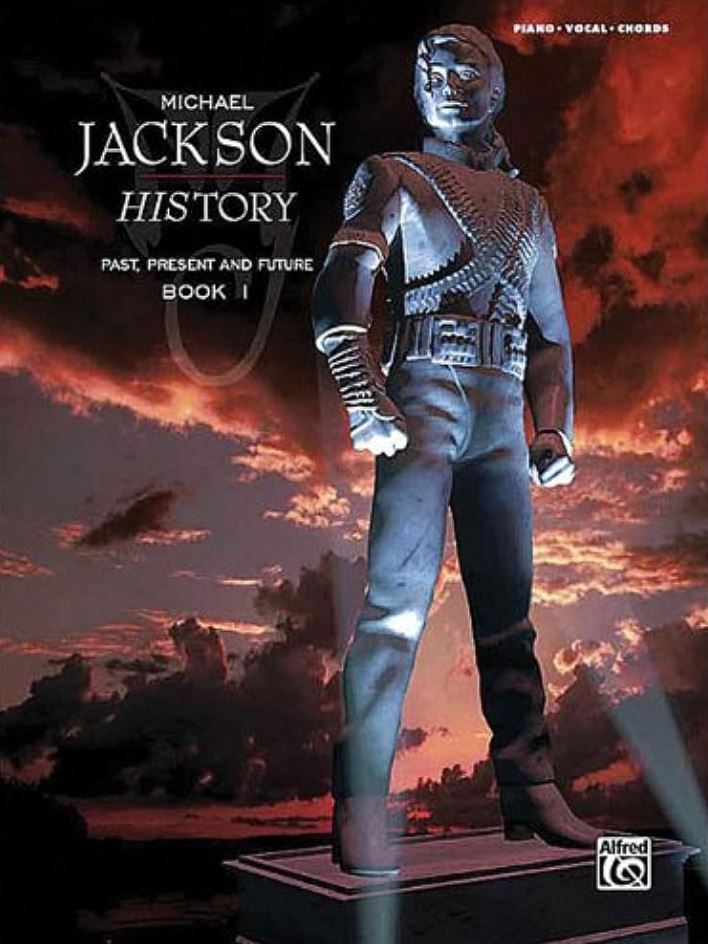
The tour was a spectacular showcase of Jackson’s hits from both the “HIStory” album and his previous works. It featured elaborate stage designs, intricate dance routines, and state-of-the-art technology, creating an immersive experience for fans. Jackson’s performance in Sydney, Australia, was broadcast live and attracted millions of viewers worldwide, further amplifying the tour’s reach.
Financially, the HIStory World Tour was a monumental success, grossing approximately $165 million (equivalent to about $313 million in 2023), making it the highest-grossing solo concert tour of the 1990s. This financial triumph underscored Jackson’s continued viability and influence in the music industry despite the controversies surrounding his personal life.
Promotional Strategies
Jackson’s promotional strategies for “HIStory” were innovative and grandiose. One of the most iconic promotions was the placement of gigantic statues of Michael Jackson, modeled after the “HIStory” album cover, in major cities around the world including London, Berlin, and Paris. These statues became instant media spectacles and symbolized Jackson’s larger-than-life persona and the monumental nature of his music and impact.
In addition to physical promotions, Jackson made several high-profile television appearances. His interview with Oprah Winfrey, watched by millions, and his marriage to Lisa Marie Presley, which was highly publicized, were part of the strategic moves to promote his album and tour.
| Aspect | Details |
|---|---|
| HIStory World Tour | Michael Jackson’s third and final solo concert tour, started on September 7, 1996, in Prague. Covered 58 cities across 35 countries, with notable performances in Prague and Johannesburg. Grossed approximately $165 million, marking it as the highest-grossing solo concert tour of the 1990s. |
| Show Highlights | Featured hits from the “HIStory” album and previous works, elaborate stage designs, intricate dance routines, and state-of-the-art technology. The Sydney concert was broadcast live, reaching millions of viewers globally. |
| Promotional Strategies | Included placing gigantic statues of Michael Jackson in major cities like London, Berlin, and Paris. High-profile TV appearances, including an interview with Oprah Winfrey and publicity around his marriage to Lisa Marie Presley. |
Legacy and Later Receptions
Over the years, “HIStory” has maintained a significant place in Michael Jackson’s discography. It is often regarded as his most personal album, a direct window into his soul at one of the most turbulent times of his life. Musically, it spanned a wide array of styles and themes, from pop and rock to introspective ballads and socially conscious tracks. “HIStory” is frequently cited for its bold artistic statements and its raw, unfiltered look into Jackson’s perspective on the world and himself.
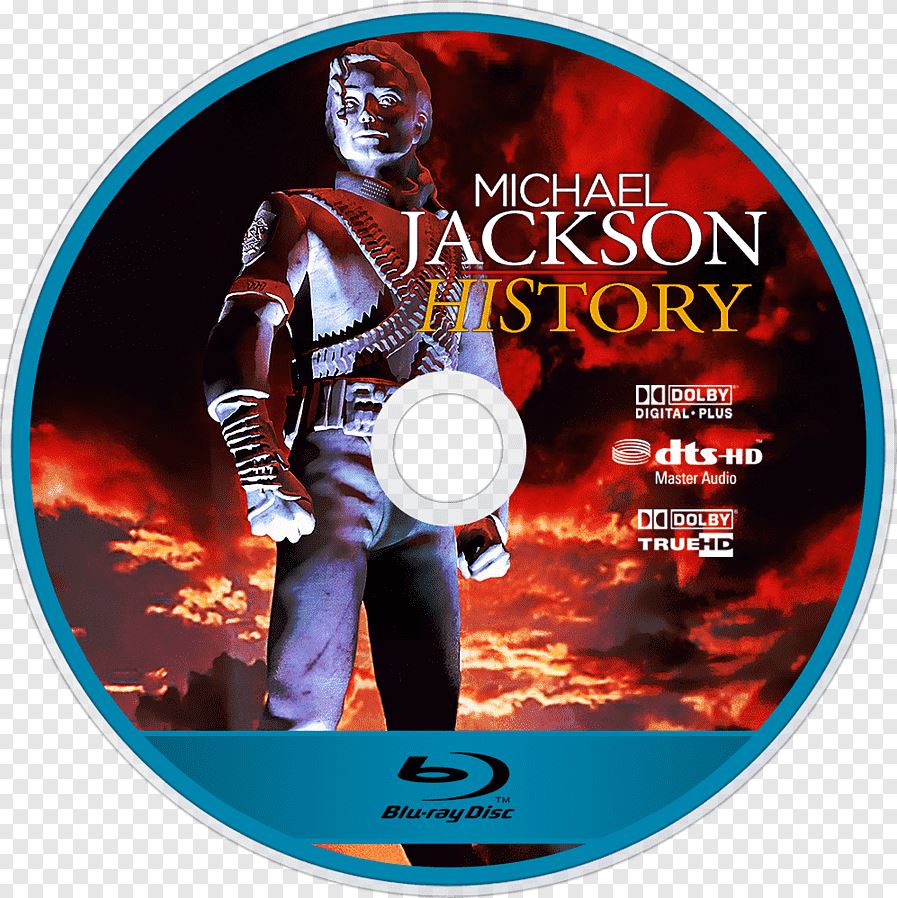
“HIStory” significantly influenced music and popular culture, particularly through its integration of socially conscious themes and its use of music as a platform for addressing global issues. Songs like “Earth Song” and “They Don’t Care About Us” have been used in various cultural discussions and movements, reflecting Jackson’s impact beyond the music world. The album also pushed the boundaries of music video production, setting new standards for the art form and influencing future generations of artists.
Following Michael Jackson’s death in 2009, there was a widespread reevaluation of his music and legacy. “HIStory” was revisited by critics and fans alike, with many gaining a new appreciation for the depth and sincerity of the album. The themes of media manipulation and personal persecution resonated with listeners in light of the circumstances surrounding his death, leading to a deeper understanding and sympathy for the challenges he faced during his life and career.
In summary, the “HIStory” album and the subsequent world tour not only marked significant milestones in Michael Jackson’s career but also left a lasting impact on the music industry and popular culture. Its legacy continues to be felt, as the album provides a poignant insight into the complexities of his personal and professional life.
| Aspect | Details |
|---|---|
| Album Significance | Regarded as Michael Jackson’s most personal album, offering a direct window into his experiences during a turbulent time. Spans a variety of musical styles and themes, from pop and rock to introspective ballads and socially conscious tracks. |
| Cultural Influence | The album’s integration of socially conscious themes and its pioneering music videos significantly influenced popular culture and the music industry. Songs like “Earth Song” and “They Don’t Care About Us” have been used in cultural discussions and movements. |
| Posthumous Reevaluation | Following Jackson’s death in 2009, there was a reevaluation of his music and legacy, particularly “HIStory.” The album’s themes of media manipulation and personal persecution resonated more deeply, leading to a new appreciation for its depth and sincerity. |
| Legacy and Impact | “HIStory” continues to be a poignant reflection of Jackson’s life, influencing future generations of artists and contributing to discussions about celebrity, media, and personal integrity. |
“HIStory: Past, Present and Future, Book I,” released by Michael Jackson in 1995, remains a towering achievement in the annals of pop music, both as a reflection of the artist’s personal turmoil and as a cultural milestone that shaped the trajectory of music and celebrity. This double album, combining greatest hits with bold new work, did more than just showcase Jackson’s musical genius; it provided a stark, introspective look into the struggles and pressures he faced from the media, public expectations, and personal battles.
The impact of “HIStory” on music and pop culture is multifaceted. Musically, it stretched the boundaries of genre, blending pop, rock, hip-hop, and classical elements to create a sound that was both eclectic and highly personal. Songs like “Scream,” “They Don’t Care About Us,” and “Earth Song” have left an indelible mark on the landscape of pop music, influencing a range of artists across genres who seek to express personal pain and societal messages through their art.
The album’s aggressive and plaintive tones challenged listeners to consider the impact of societal issues such as racism, environmental destruction, and the dehumanizing effects of the tabloid culture. Moreover, the visual components of “HIStory,” especially its groundbreaking music videos, pushed forward the art form and set new standards for what could be achieved through this medium. The “Scream” video remains one of the most expensive ever made, symbolizing the peak of music video production and exemplifying how artists can use visuals to enhance and expand the narrative of their music.
“HIStory” encapsulates a critical period in Michael Jackson’s life, serving as a public and artistic response to the intense scrutiny and accusations he faced in the early 1990s. Each track, particularly in the “HIStory Continues” disc, feels imbued with Jackson’s desire to clear his name, reclaim his narrative, and express his frustrations and aspirations. It was during this period that Jackson felt most vilified by the media; the album was his platform not just for vindication but for declaring his enduring relevance and undiminished talent.
The album also served as a therapeutic outlet for Jackson, allowing him to process and articulate his feelings about his treatment by the press and public. This emotional outpouring resonated with his audience, enabling a deeper connection with fans who felt a kinship or sympathy with his perceived victimization. Through “HIStory,” Jackson not only communicated his personal truths but also solidified his legacy as a resilient figure in the face of adversity.
Since its release, “HIStory” has been subject to reevaluation, particularly following Jackson’s death in 2009. This reflection has brought a greater appreciation for the album’s depth and the complexity of its creation. Listeners and critics alike have come to view it not only as a collection of music but as a historical document that captures the essence of a particular moment in the life of one of pop culture’s most iconic figures. The album is now often seen as a poignant reminder of the burdens of fame and the personal costs of living in the public eye.
In conclusion, “HIStory” is more than just an album; it is a profound statement from a troubled yet extraordinarily talented artist. It represents Michael Jackson’s fight to maintain his dignity and artistic integrity in the face of overwhelming challenges. Its lasting impact on music, pop culture, and the way artists address personal and global issues in their work underscores its significance as a cultural artifact. “HIStory” remains a testament to Michael Jackson’s enduring influence and a powerful example of how music can be used to confront personal demons and societal issues alike.

